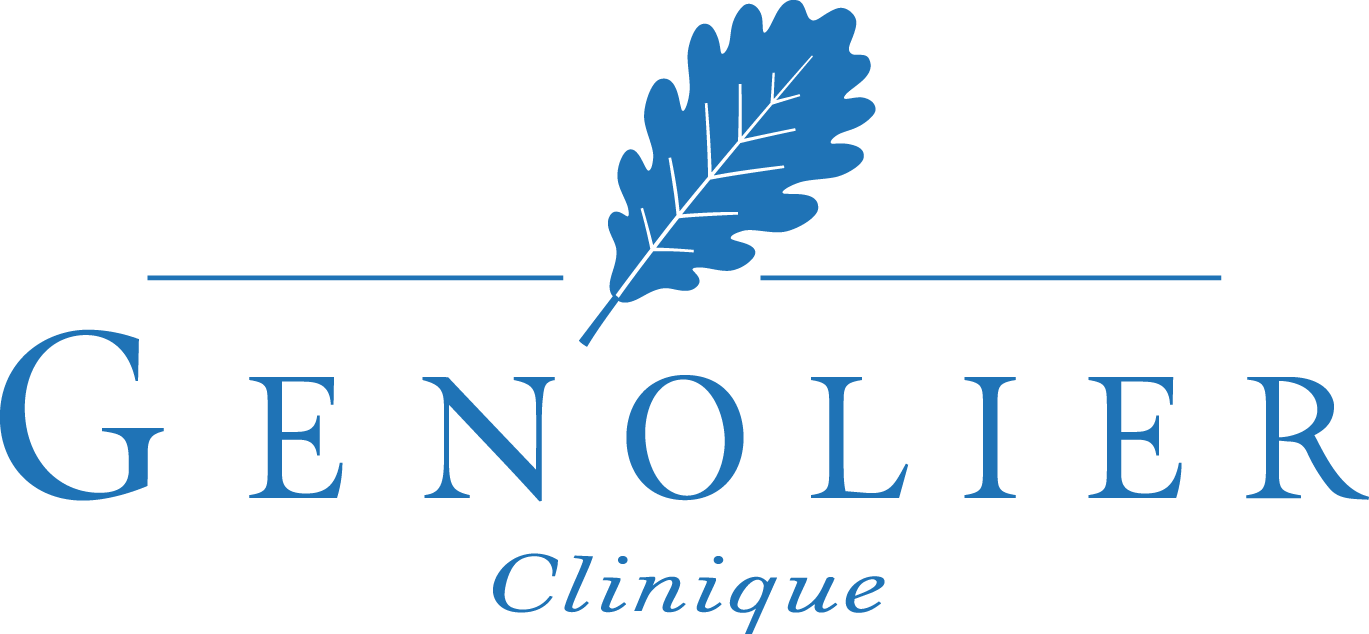-
Centres
back
Centres
- Medical specialty
- Doctors
-
Patients & visitors
- About us
- Referrer
-
Centres
back
Centres
- Centre du Sein
- Centre for Back Rehabilitation
- Centre for Diabetes
- Centre for Nuclear Medicine
- Centre for Regenerative and Aesthetic Medicine
- Check-Up
- Emergency
- Oncology Centre
- Physiotherapy Centre
- Polyclinic
- Radio-Oncology Centre
- Radiology Centre
- Supportive Care Center
- The Foot and Ankle Center
- Thorax Centre
- Medical specialty
- Doctors
-
Patients & visitors
back
Patients & visitors
- About us
- Referrer
close search


